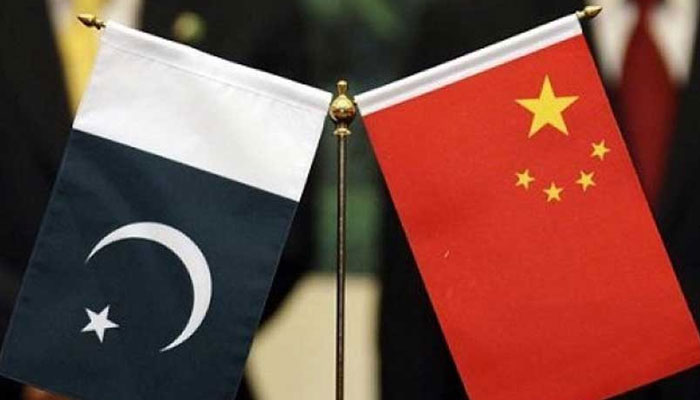ISLAMABAD (ABC) – By emulating China’s clustered model and tailoring it to Pakistan’s specific context, the country can overcome its industrial challenges and unlock its potential for sustained economic growth, said Dr Hassan Daud Butt, former project director of CPEC and a senior adviser at Sustainable Development Policy Institute.
In an interview with WealthPK, he said the success of China’s industrial clusters, particularly in sectors such as electronics, automotive and textiles, served as a testament to the efficacy of this approach.
He said that Chinese industrial clusters demonstrate a high level of openness to international engagement. “Local governments in China are tasked with establishing special economic zones to attract foreign direct investment.”
To emulate China’s success, Hassan proposed strengthening collaborations between industries and research institutions of the two countries to drive research and technological innovation in Pakistan’s industrial clusters.
“By embracing this approach, Pakistan can position itself for sustainable industrial growth, enhanced competitiveness and economic prosperity in the global arena.”
He said implementing such a model in Pakistan would require a concerted effort from both the public and private sectors.
“Key challenges, such as land acquisition, infrastructure development and regulatory reforms, would need to be addressed to create an enabling environment for industrial clusters to thrive.”
Meanwhile, Malik Sohail Hussain, Chairman Coordination of Federation of Pakistan Chambers of Commerce and Industry, said embracing innovative models like China’s clustered approach offers a promising pathway towards a more resilient and dynamic industrial sector in Pakistan.
“With strategic planning and collaborative efforts, Pakistan can position itself as a formidable player in the global economy, driving sustainable development and prosperity for its citizens,” he underscored.
He told WealthPK that the traditional approach to industrial development has not yielded the desired results for Pakistan. “We need to look beyond conventional methods and explore innovative approaches.”
“By clustering industries, Pakistan can leverage economies of scale, reduce production costs and enhance competitiveness in the global market.
However, Pakistan’s unique socioeconomic landscape demands careful approach. Factors such as resource availability, labour force dynamics, market demands and regulatory frameworks vary between the two nations,” he noted.
Sohail emphasised that Pakistan needs to identify and prioritise sectors, where it holds a competitive advantage, and then cultivates specialised clusters around them.
“Furthermore, effective implementation and governance are paramount. Transparent processes, streamlined regulations and accountability mechanisms are essential to foster a conducive environment for investment and growth,” he stressed.
According to the monthly economic update for March 2024, large-scale manufacturing experienced a marginal decline of 0.4% during the July-December period of FY24 compared to a contraction of 2.1% in the same period last year.

